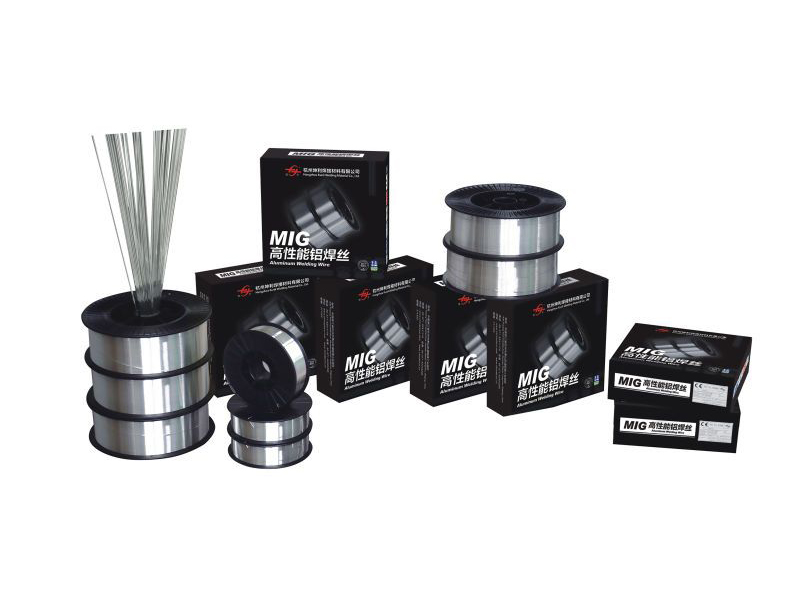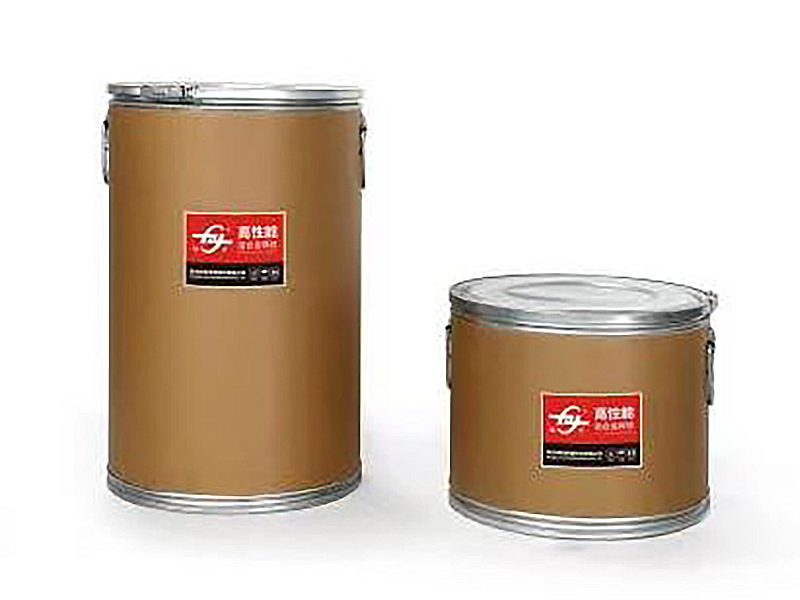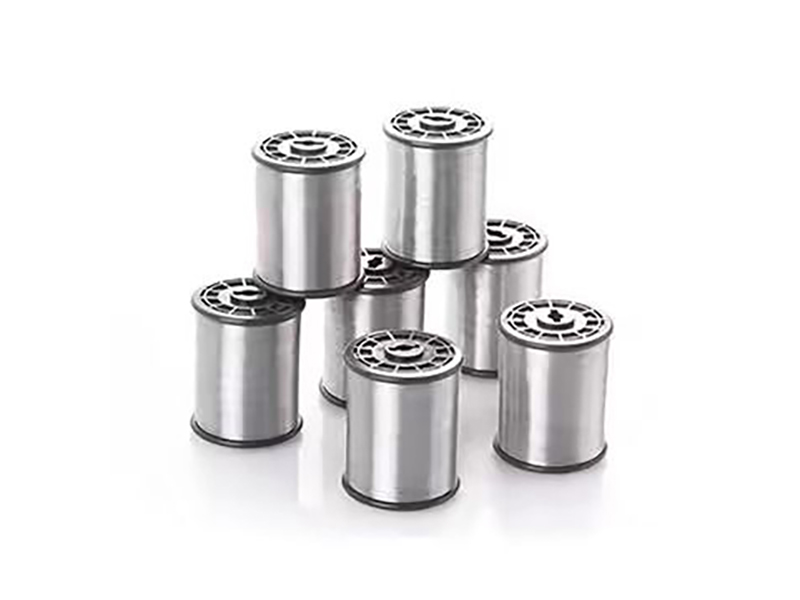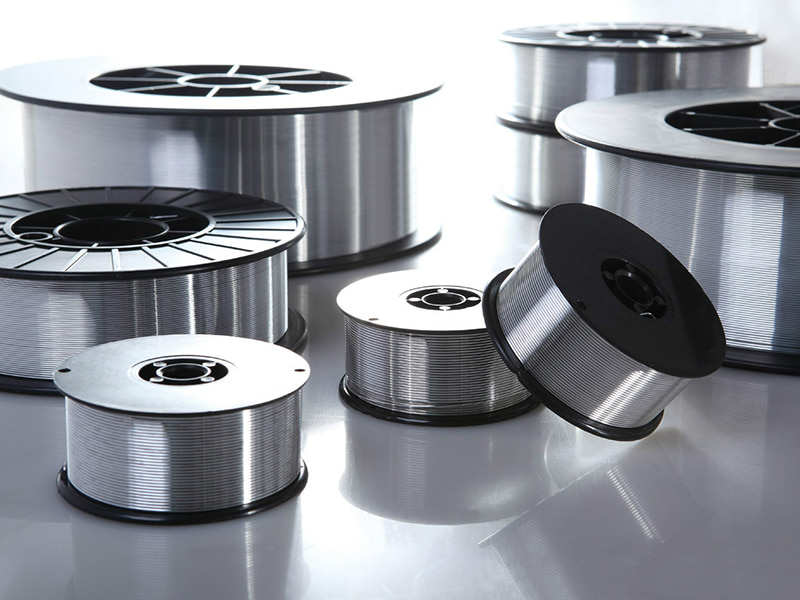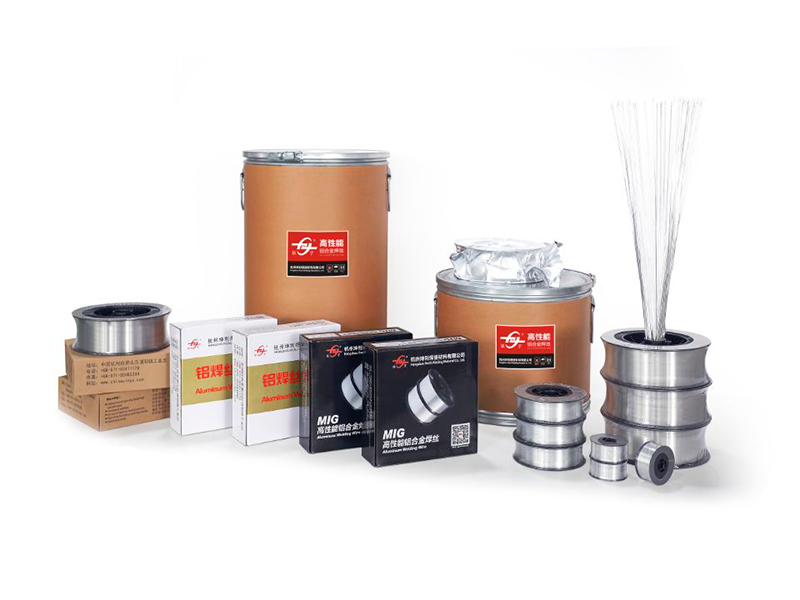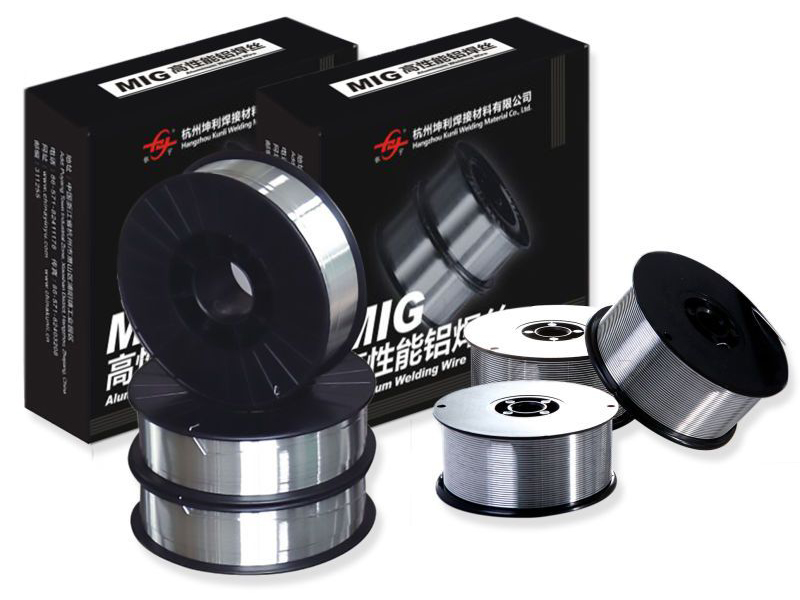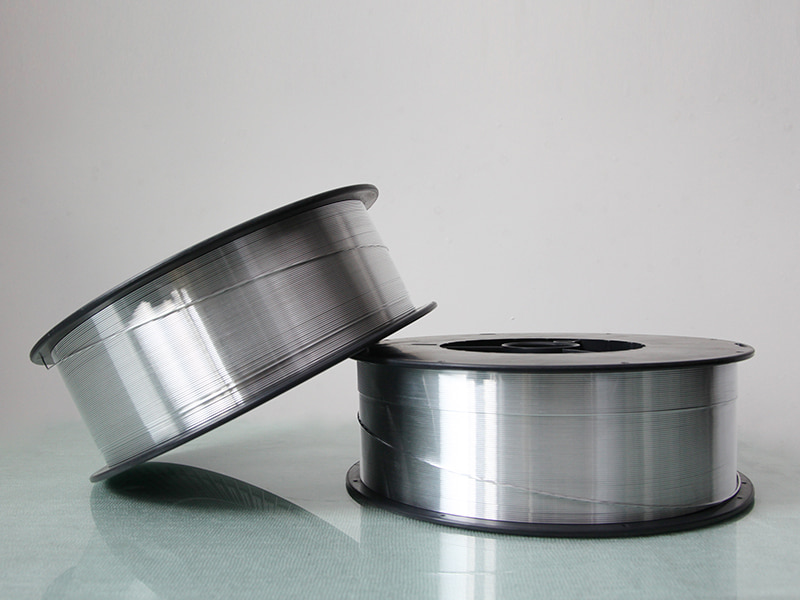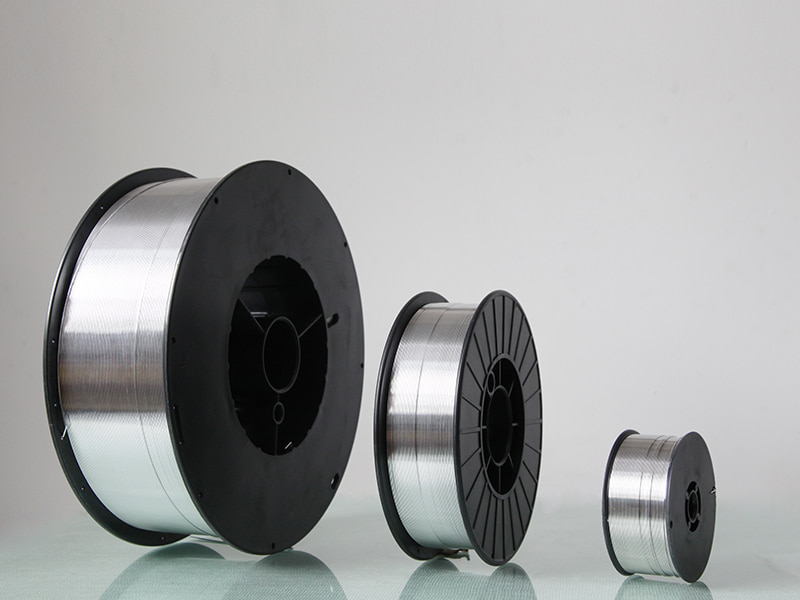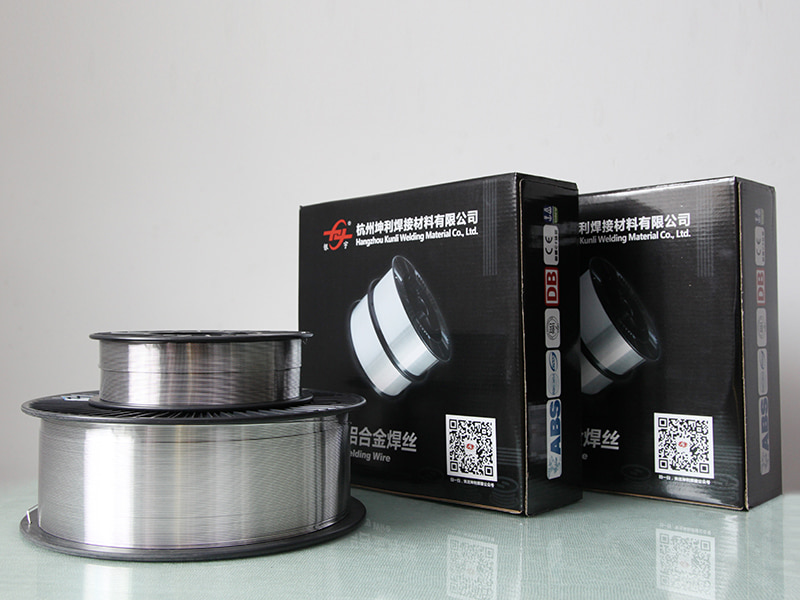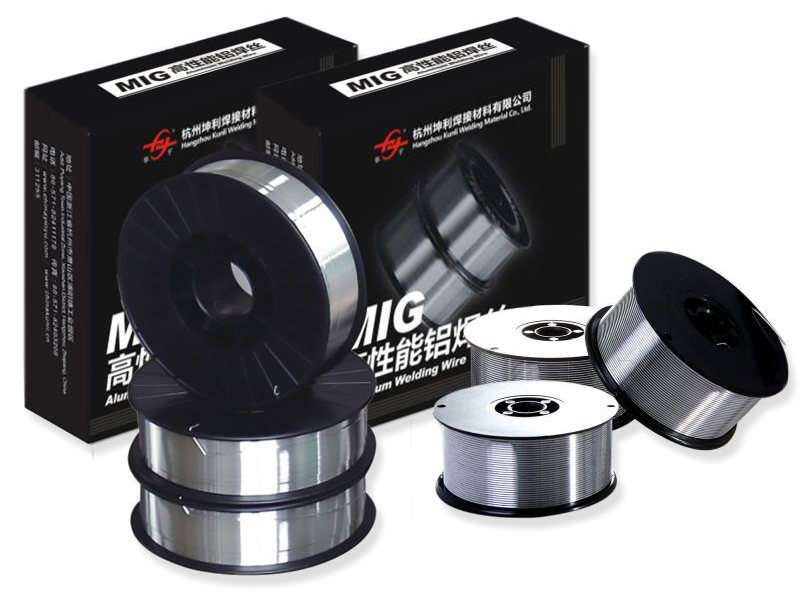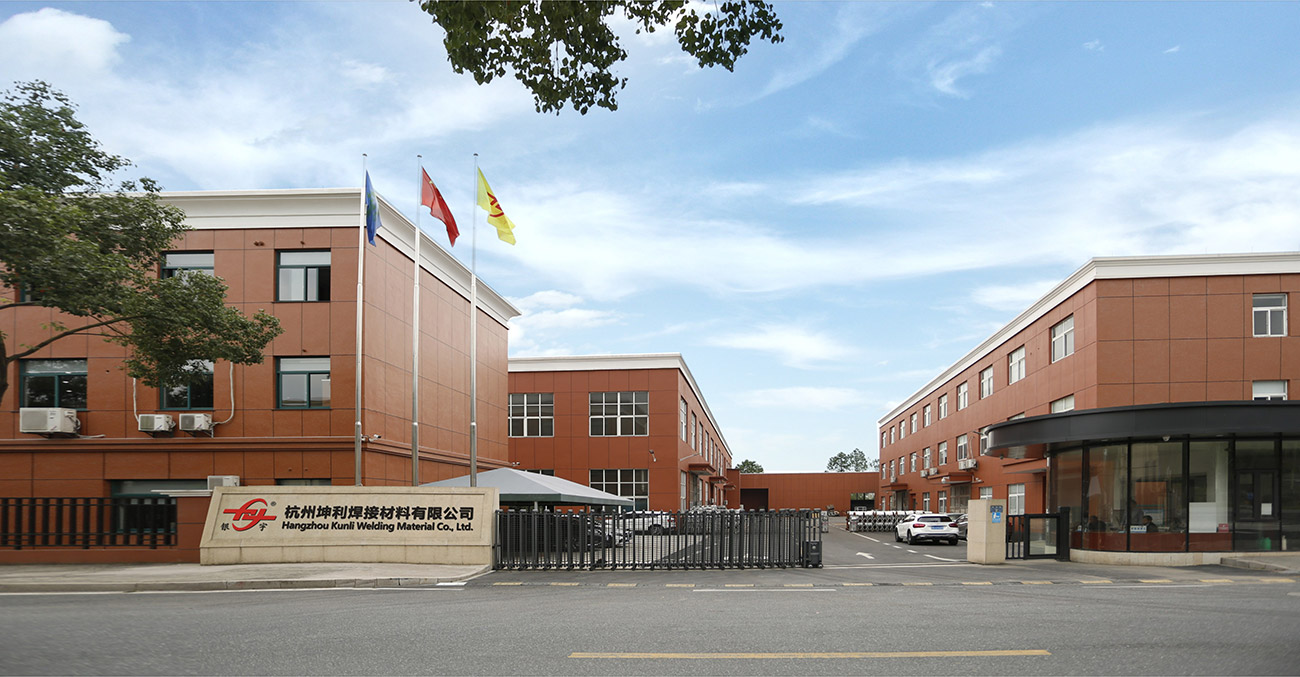Introduction
Repairing aluminum castings—common in engine blocks, transmission cases, and pump housings—requires a filler metal that is metallurgically compatible with the cast alloy. Our casting repair wires, primarily Aluminum-Silicon alloys, are designed to minimize distortion during welding and achieve a weld deposit that mimics the base casting's color and hardness. This enables subsequent machining, grinding, and blending operations without noticeable aesthetic or structural differences.
Specification
| Classification (AWS) | ER4047 / ER4043 |
| Key Property | Low shrinkage and susceptibility to cracking |
| Base Metal Compatibility | A356, 319, 357 (common aluminum casting alloys) |
| Post-Weld Finish | Good color match after anodizing or painting |
| Pre-Weld Preparation | Requires thorough oil and contaminant removal |
Applications
Repairing cracks, shrinkage, and porosity in cast aluminum engine blocks.
Restoring damaged molds and tooling made from cast aluminum.
Adding material to worn or mis-machined areas of aluminum castings.
Joining wrought aluminum components to cast aluminum structures.
Payment and Shipping
Inventory: Immediate availability of common sizes for fast turnaround on urgent repair material needs.
Customer Support: Technical assistance provided for selecting the optimal filler metal based on the specific cast alloy composition.
Packaging: Smaller spools and cut-length TIG rods are available, catering to job shop and repair center requirements.
 English
English Deutsch
Deutsch
 English
English Deutsch
Deutsch

